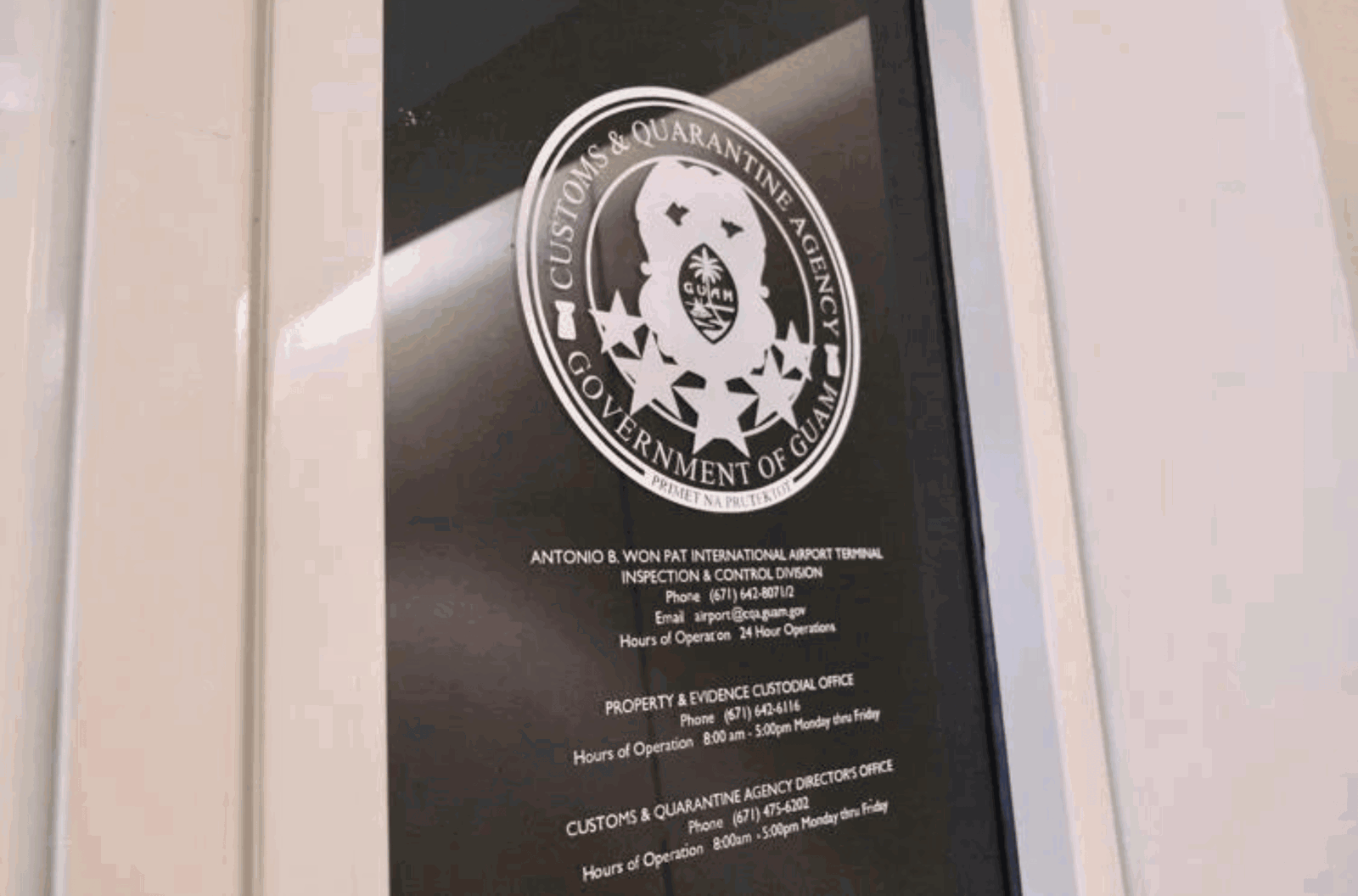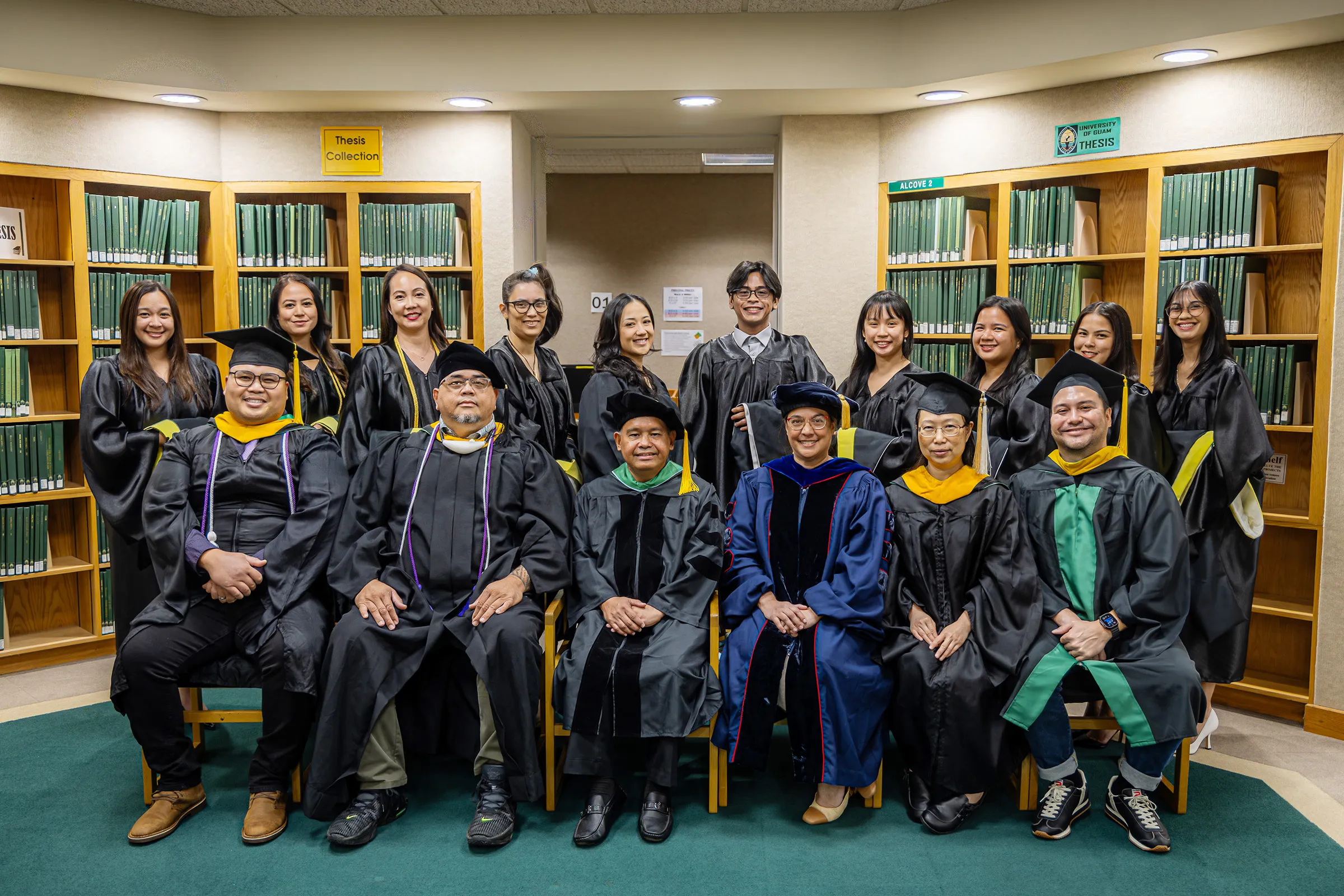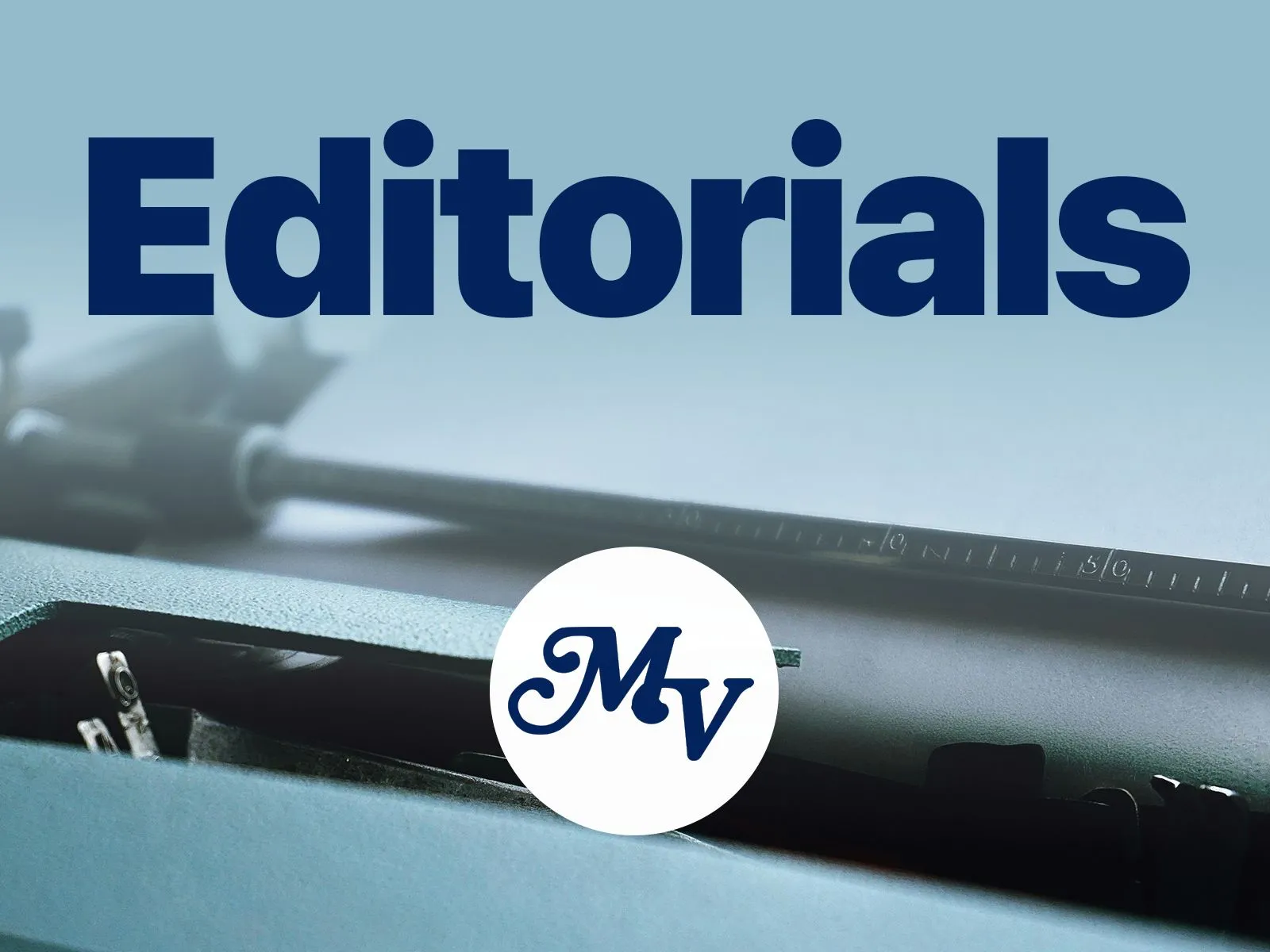HAGÅTÑA (The Guam Daily Post) — A bipartisan measure aimed at modernizing the Guam Customs and Quarantine Agency through the use of a classification system could allow the agency to “better protect and serve” the island and generate more than $50 million without raising taxes, according to the sponsors of a new bill.
The classification system is called the Harmonized Commodity Description and Coding System, or HCC. It’s being used by over 200 countries and economies as the basis for customs tariffs and the collection of international trade statistics, according to the World Customs Organization.
“Bill 176-37, if enacted into law, would align the accounting of cargo coming into Guam,” said Vice Speaker Tina Muña Barnes, who co-authored the legislation with Sens. Dwayne San Nicolas, Jesse Lujan and Chris Duenas.
The vice speaker asserted that Guam is losing tens of millions of dollars in tax revenue as a result of “serious limitations and gaps” in the current system.
“According to a report published by the Office of Public Accountability, in 2018, while air cargo that came into Guam was valued at $1.6 billion, only about $136,000 in use taxes were collected. Proper taxation of the air cargo that year could have generated $65.5 million in use tax revenue, the OPA reported,” Barnes said in a press release.
New system
Customs Chief Vincent Perez agrees. He wrote, supporting Bill 176-37, that the measure would “help set the stage and build capacity by enabling the Guam Customs and Quarantine Agency to develop rules and regulations; develop an automated management information system; and finally create a universally standardized, efficient, systematic and concise commodity coding system.”
The data collected could then be utilized by stakeholders “to acquire the real-time data necessary to make well-informed decisions when dealing with business, investment opportunities, government regulations (and) finances. And greatly assist with providing accurate and real-time data efficiently and effectively,” said Perez.
The HCC system would replace the current method of manually collecting data and storing it in boxes until it is manually extrapolated, reviewed and compiled. The system gives way to human error, according to the bill’s authors.
“In January 2020, Public Auditor Benjamin J.F. Cruz released another performance audit on use tax of air cargo, which again identified significant flaws and deficiencies. The agency’s manual processing risked unaccounted, unrecorded and unassessed cargo and the applicable taxes on that cargo, the OPA found. The audit report recommended CQA ‘aggressively pursue’ a digital information system to replace the paper-based records of cargo manifests,” Barnes said in the release.
The measure also aims to penalize importers who file misleading material through the automated system. The penalties would be imposed based on a tiered scale.
“Beginning with a maximum fine of $5,000 for a first offense, up to a maximum fine of $30,000 for a third offense,” Barnes said in the release.
Sen. San Nicolas, who is a former captain with Customs, gave his full support of the legislation. He said, “I understand that streamlining the classification and inspection system through the Harmonized Commodity and Coding System will improve the agency’s efforts in protecting and serving the island as it records all merchandise coming to the island in real time.”
According to the release, the measure will not change current exemptions provided in Guam law for the use tax, “which includes a provision that does not assess the use tax on imports that are for personal, nonbusiness use of $1,000 per month, up to a maximum of $5,000 per year.”

Vincent Perez

Dwayne San Nicolas

The Guam Customs and Quarantine Agency office is seen Tuesday, July 25, 2023, at the Antonio B. Won Pat International Airport in Tamuning.

Chris Duenas

Jesse Lujan

Tina Muña Barnes










